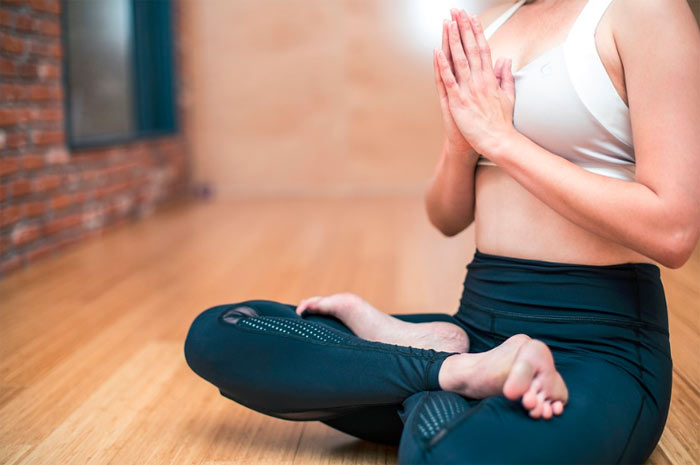Mindfulness is a skill that can help us live a happier, healthier, and more fulfilling life. It is the practice of paying attention to the present moment without judgment and can be a powerful tool for stress management and reducing anxiety. In today’s fast-paced world, it can be easy to get caught up in our thoughts and worries about the past or future. This constant mental chatter can be draining and lead to feelings of stress and anxiety. By becoming more mindful, we can learn to quiet our minds and live in the present moment, which can help us feel more calm and grounded.

Incorporating mindfulness into our daily routine can be challenging at first, but with practice, it can become a natural and integral part of our lives. In this article, we will explore some tips for becoming more mindful, including setting aside dedicated time for mindfulness practice, paying attention to your breath, practicing gratitude, and engaging in activities that promote mindfulness. We will also discuss the importance of disconnecting from technology and using mindfulness to manage stress. By following these tips, you can learn to live a more mindful and present-focused life, and enjoy the many benefits of mindfulness.
Set aside dedicated time for mindfulness practice
This could be as short as 5 minutes or as long as an hour. Find a quiet, comfortable space where you can sit or lie down and focus on your breath.
Pay attention to your breath
This is one of the simplest and most effective ways to practice mindfulness. Focus your attention on the sensation of the breath as it moves in and out of your body. If your mind wanders, gently bring your attention back to your breath.

Practice gratitude
Take a few minutes each day to reflect on the things you are grateful for. This can be as simple as thinking about the warm sun on your skin, or the delicious meal you had for lunch.
Engage in activities that promote mindfulness
These can include activities like yoga, meditation, or walking in nature.
Disconnect from technology

Take a break from your smartphone and other screens and spend time with family and friends. Engage in activities that allow you to be present, such as cooking a meal together or playing a board game.
Use mindfulness to manage stress
When you feel overwhelmed, take a few deep breaths and bring your attention to the present moment. Notice any tension in your body and try to relax your muscles.
Be kind to yourself
Remember that mindfulness is a practice, and it’s okay to make mistakes. Be gentle with yourself and don’t get discouraged if you have a hard time staying present.

By incorporating mindfulness into your daily routine, you can reduce stress and anxiety, and improve your overall well-being. With practice, mindfulness can become a natural and integral part of your life.










